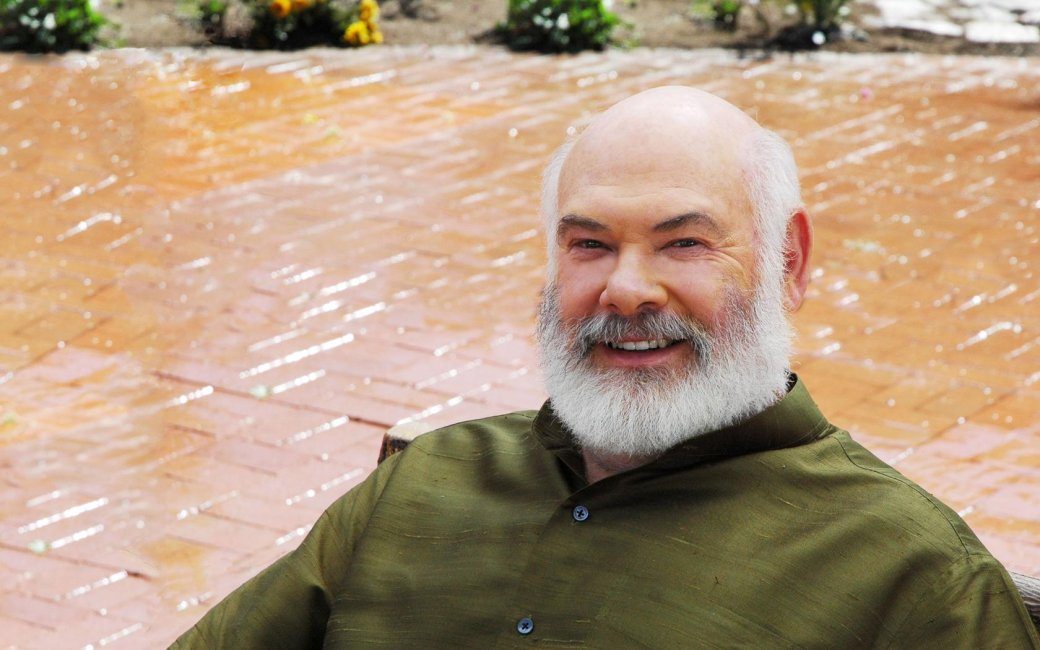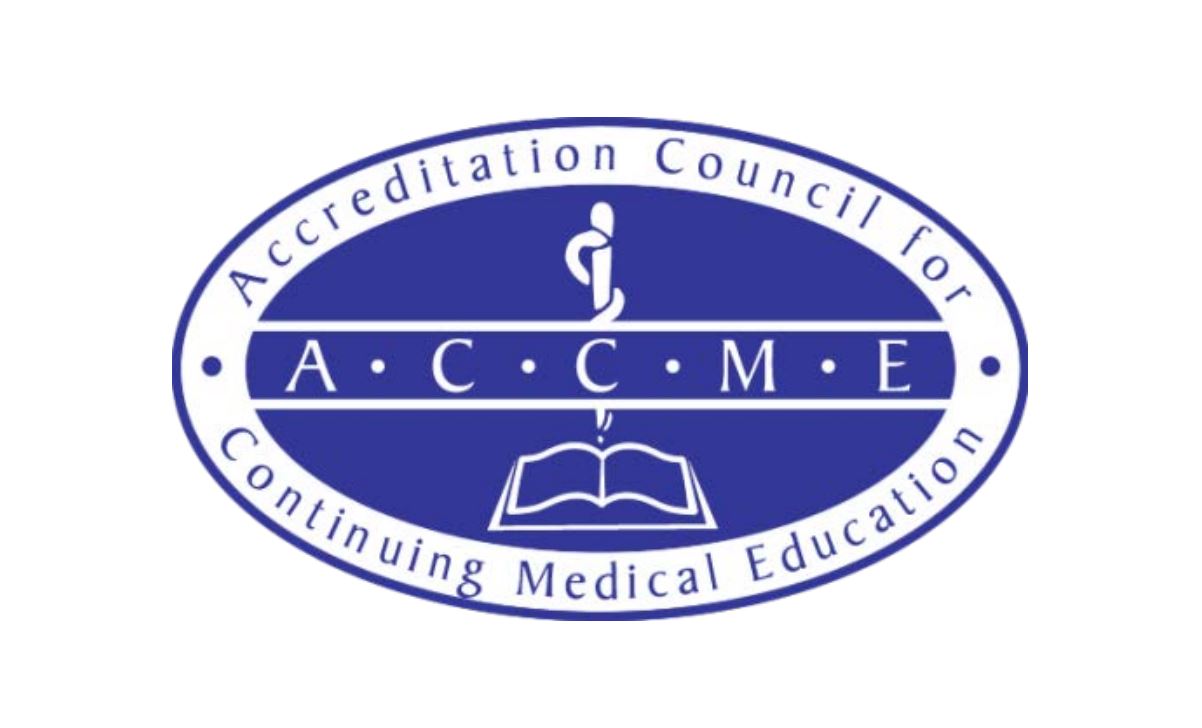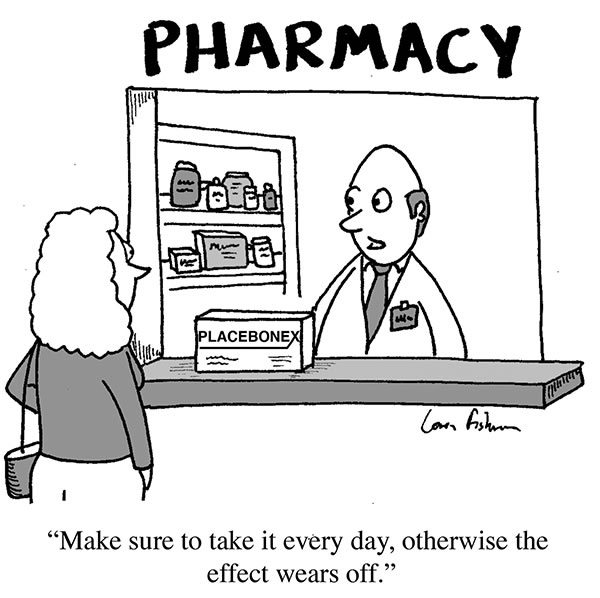Category: Medical Ethics
The Ethics of Prescribing Worthless Treatments
Is it ever ethical for a physician to prescribe a treatment to a patient that they know to be entirely without efficacy? Is it ever possible to do this without deceiving the patient to some degree? I think the answer to both questions is a clear “no.” Within the flipped reality of “alternative medicine,” however, it suddenly becomes acceptable to deceive patients...

To debate or not to debate: The strange bedfellows of Andrew Weil
Those who stand on the wrong side of science love public debates and frequently challenge science advocates to them. The reason, of course, is that public debates are almost never a good venue to argue science, and these debates almost never happen in a truly neutral venue. This time around, I got a bit of ego gratification when Andrew Weil apparently wanted...

Learning quackery for Continuing Medical Education credit
The Integrative Addiction Conference 2015 (“A New Era in Natural Treatment”) starts tomorrow in Myrtle Beach, SC. Medical doctors, doctors of osteopathy, naturopaths and other health care providers will hear lectures on such subjects as “IV Therapies and Addiction Solutions,” given by Kenneth Proefrock, a naturopath whose Arizona Stem Cell Center specializes in autologous stem cell transplants derived from adipose tissue. Proefrock,...
Is Homeopathy Unethical?
“A gentle ethical defence of homeopathy” by Levy et al. was recently published in an ethics journal. A full-text preprint is available online. They say: Utilitarian critiques of homeopathy that are founded on unsophisticated notions of evidence, that adopt narrow perspectives on healthcare assessment, and that overstate the personal, social and ontological harms of homeopathy, add little to our understanding of the...

Placebo by Conditioning
Truly understanding placebo effects (note the plural) is critical to science-based medicine. Misconceptions about placebo effects are perhaps the common problem I encounter among otherwise-scientific professionals and science communicators. The persistence of these misconceptions is due partly to the fact that false beliefs about placebos, namely that “the” placebo effect is mainly an expectation mind-over-matter effect, is deeply embedded in the culture....
Don’t just stand there, do nothing! The difference between science-based medicine and quackery
The Merriam-Webster Dictionary defines science as: Knowledge about or study of the natural world based on facts learned through experiments and observation. And: Knowledge as distinguished from ignorance or misunderstanding. While this should distinguish science from pseudoscience, those who practice the latter often lay claim to the same definition. But one of the major differences between science and pseudoscience is that science...
Cancer Centers and Advertising Practices
You have probably seen the TV commercials or other ads for Cancer Treatment Centers of America. They make it sound like “the place to go” if you have cancer. They claim to be “different,” to combine the best cancer technologies with natural therapies in a humane, patient-centered approach that helps you fight the disease and maintain your quality of life. They offer...

The Wild West: Tales of a Naturopathic Ethical Review Board
In Arizona, a naturopathic institutional review board has been set up to examine the ethics of naturopathic research projects. It's going about as well as naturopathic training and practice.
Pseudoscience North: What’s happening to the University of Toronto?
Today’s post is a reluctant challenge. I’m nominating my own alma mater, the University of Toronto, as the new pseudoscience leader among large universities – not just in Canada, but all of North America. If you can identify a large university promoting or embracing more scientifically questionable activities, I’ll happily buy you a coffee. Yes, it’s personal to me, as I...
Significant Ruling Against Conversion Therapy
The standard features of quackery are all there. Proponents of this particular therapy claim that a normal condition is a disease. They make false claims about the cause of this disease. They then charge thousands of dollars for their fake treatment to cure the fake disease, and claim success rates that are not backed by any statistics. In this case the fake...

